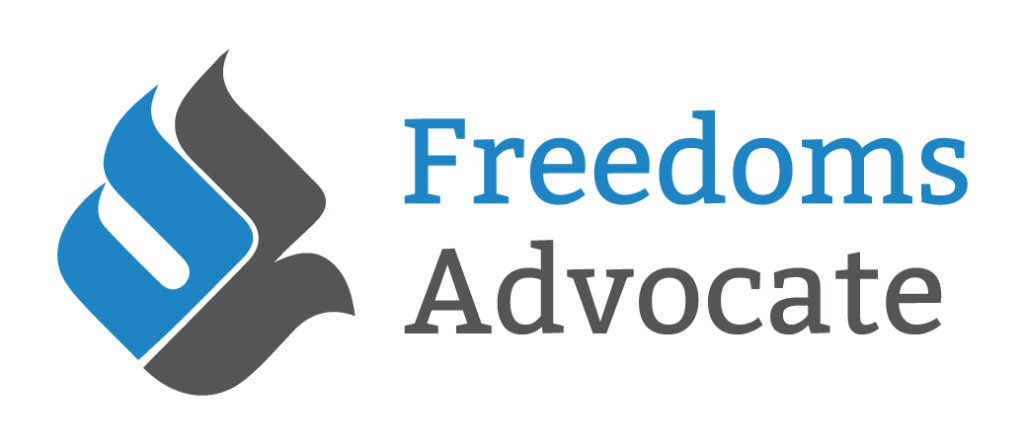Introduction:
 The Charter was enacted in 1982 as part of Canada’s Constitution, designed to protect a range of rights including democratic, mobility, legal, equality, and language rights. It guarantees fundamental freedoms such as freedom of expression, freedom of assembly, and freedom of religion. However, it operates within a framework that emphasizes legislative supremacy.
The Charter was enacted in 1982 as part of Canada’s Constitution, designed to protect a range of rights including democratic, mobility, legal, equality, and language rights. It guarantees fundamental freedoms such as freedom of expression, freedom of assembly, and freedom of religion. However, it operates within a framework that emphasizes legislative supremacy.
Historically, courts have upheld this principle by ruling that legislatures can pass laws that may seem unjust or unreasonable as long as they do not directly violate a specific right outlined in the Charter. This has led to criticisms that the Charter does not provide robust protection against government overreach.
The assertion that the Canadian Charter of Rights and Freedoms is “worthless” or “not worth the paper it’s printed on” stems from various criticisms regarding its effectiveness in protecting civil liberties, particularly during times of crisis such as the Covid epidemic which led to unprecedented societal lockdowns, school and business closures, and infringement on previously expected rights and liberties.
In this four-part series, we asked prominent scholars and thinkers, lawyers in the field, and experts on constitutional law whether the Charter still holds significance today, or if judicial activism and interpretation have diluted the Charter to the extent that our fundamental freedoms and liberties have been permanently undermined.
Part I
During Covid the Charter was useless by Bruce Pardy
Written constitutions are fragile by Marco Navarro-Genie
Part II
A Charter that stops working in emergencies is worse than useless, by Jody Wells
Charter law has produced a nation ruled by unelected, elitist, activist judges, by Leighton Grey, K.C.
Part III
Deference to government built into Charter, by Paul Daly
The Charter was a problem right from the start, by Michael Wagner
Part IV
The Charter is not a perfect document, by Christa Nicholson, K.C.
Canada needs a return to respect for individual liberties, by Randy Crosson, Executive Director of Freedoms Advocate
Editor’s Note
As an organization that supports freedom of speech, opinion and belief, we note that all opinions expressed are those of the individual authors and do not necessarily reflect the opinion or policy of Freedoms Advocate.

